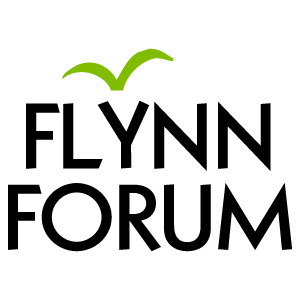Autism is known as a “spectrum” disorder because there is wide variation in symptoms, skills and levels of impact people experience.
The estimated UK prevalence of ASD is 1% and because of its early onset, lifelong persistence, and high levels of associated impairment, it is recognised as a major public health concern.
There are many claims of a 'cure' for autism, all of which are without foundation. However, there are interventions that can help some of the core features of autism, some of the symptoms, behaviours and problems commonly associated with autism, and support families and carers.2 Many individuals with ASD have psychiatric symptoms that do not form part of the diagnostic criteria for the disorder; it is recognised that about 70% of individuals with ASD impairment may have one comorbid mental disorder and 40% may have two or more comorbid mental disorders. Medical conditions commonly associated with ASD include epilepsy, sleep problems and constipation.1 Identification of comorbidities may provide targets for specific interventions to reduce overall impairment and improve quality of life.
Upcoming Events
All EventsFlynn Pharma is committed to the delivery of high quality medical educational events that support the continued development of healthcare professionals - it's our way of helping you to help your patients. Don't miss out. Flynn continues to host a series of educational events and webinars around ASD and other neurodevelopmental disorders that are free for healthcare professionals to attend. Sign up to receive our latest updates.
Become an NDD Community Member
Join our community as a Member and keep up to date on the latest developments.
Education & Training
ADHD and ASD
Information for parents of children who may have characteristics or symptoms suggestive of ADHD and/or ASD.
Autism and Sleep
A guide for parents and carers of children with autism experiencing difficulty sleeping. This leaflet describes why sleep is important for children with ASD and provides tips on what can be done to improve sleep behaviour and ...
A Guide for Parents and Caregivers of Children Prescribed Slenyto® (Prolonged-Release Melatonin)
A guide for parents and carers of children prescribed Slenyto. The leaflet considers the factors associated with poor sleep in children and adolescents with autism and provides tips and information on how to monitor sleep, ...
Service Support
References:
1. Diagnostic and Statistical Manual of Mental Disorders, 5th edition: DSM-5. American Psychiatric Association, 2012. NICE Clinical guideline CG170 Autism spectrum disorder in under 19s: support and management. Published August 2013

